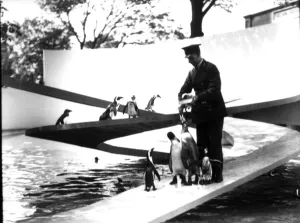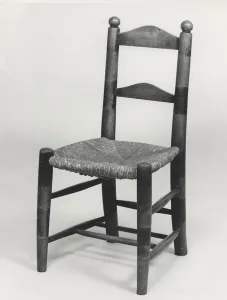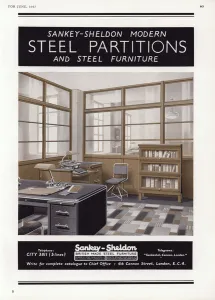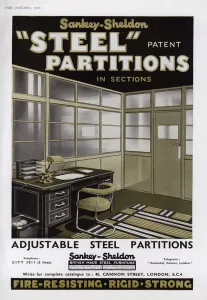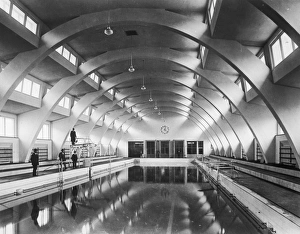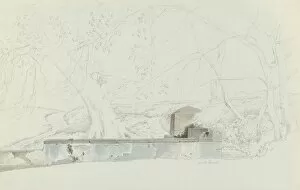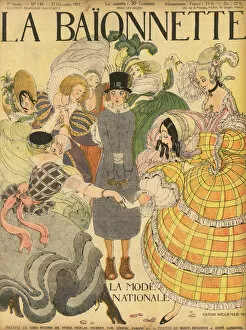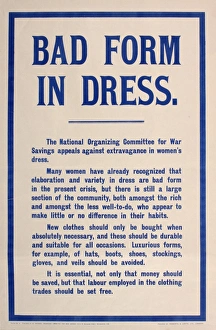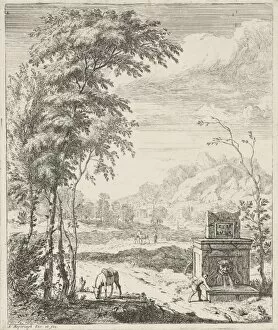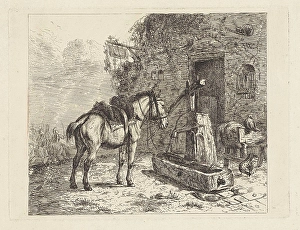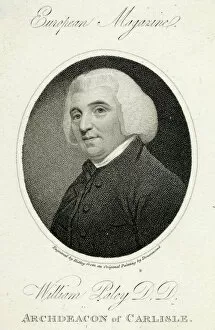Utilitarian Collection
"Exploring Utilitarianism: A Glimpse into the Philosophical Legacy" In the realm of philosophy
All Professionally Made to Order for Quick Shipping
"Exploring Utilitarianism: A Glimpse into the Philosophical Legacy" In the realm of philosophy, David Hume stands tall as a Scottish philosopher whose ideas on utilitarianism continue to shape our understanding of ethics. As we delve into this captivating concept, let us embark on a visual journey through time. Our first stop takes us to January 1934, where the iconic Lubetkin Penguin Pool comes alive in black and white photography. This architectural marvel exemplifies utilitarian design principles that prioritize functionality and simplicity. Moving forward, we encounter John Stuart Mill's portrait from 1873, an oil painting that captures his influential role in developing utilitarian thought. Mill's belief in maximizing happiness for the greatest number resonates even today. William Paley enters the scene next with his profound contributions between 1743 and 1805. His writings shed light on how morality can be grounded in utility, emphasizing that actions should bring about overall well-being. Hastings Rashdall joins our narrative through an exquisite oil painting from 1923. Rashdall's work further explores ethical theories rooted in utility while contemplating their implications for society at large. As we transition to more tangible utilitarianism, behold the DDE-90034940 Anglepoise desk lamp designed in steel back in 1934. Its sleek yet functional design embodies efficiency and practicality - hallmarks of this philosophical approach. The Bureau MB405 crafted from walnut and patinated metal emerges as another embodiment ideals dating back to 1927. This elegant piece showcases how form can seamlessly merge with function without compromising aesthetics. A glimpse into history reveals women typing diligently amidst an office setting at Mantle Co. Of America, New York - a testament to how utilitarian principles permeate everyday life by optimizing productivity and workflow efficiency. Stepping outside these confines brings us face-to-face with one chair among a set of six, possibly created for Cardiff Castle in South Wales.


